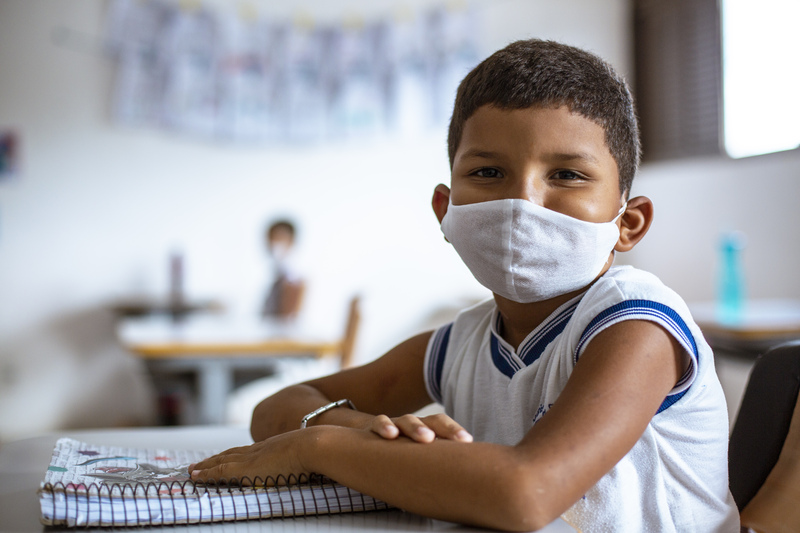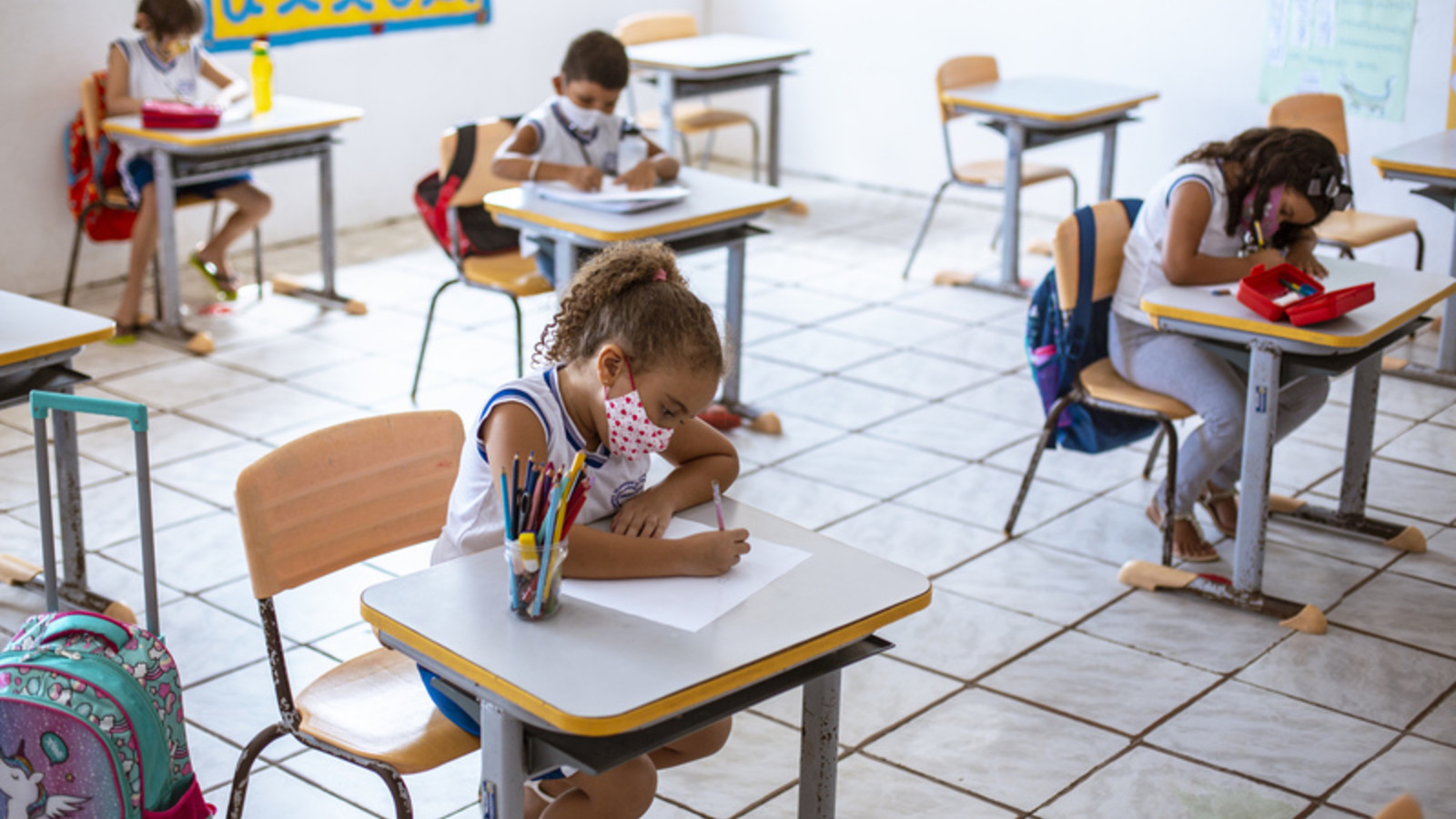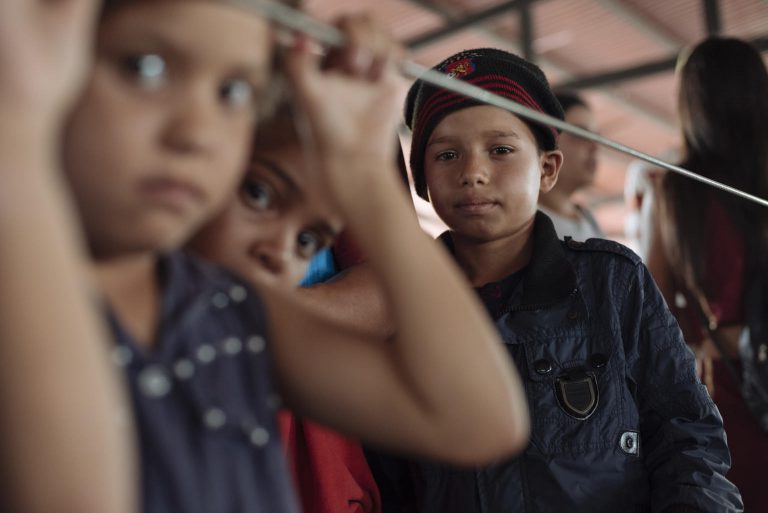Increasing access to education for uprooted Venezuelan children and adolescents in Brazil.
ECW in Brazil
Millions of Venezuelans have fled the crisis in their home country seeking refuge in neighbouring countries, the largest exodus in the recent history of Latin America. Brazil hosts a large number of Venezuelans. In this mass exodus, vulnerable girls and boys are at high risk of exploitation and abuse. To be protected, these children are in dire need of assistance and reintegration into the formal school system. During 2019–2020, Education Cannot Wait (ECW) supported partners in Brazil to help Venezuelan students access education and strengthen foundational skills. This is part of the Fund’s response to the impacts of the Venezuelan regional crisis, also in Ecuador, Colombia, Peru and Venezuela.
Geographical Areas of ECW-funded Interventions

Map Disclaimer
Investments
Financial Information
National Counterparts
Ministry of Education
Results
COVID-19 Results
Programme Info

The humanitarian, political and socio-economic crises in Venezuela have resulted in extreme food insecurity and hyperinflation, consequently disrupting Venezuela’s public services and educational system. Multiple years of schooling have been lost; access to essential goods is limited; and threats to protection and safety are heightened. Vulnerable children and youth are at increased risk of sexual and gender-based violence; early marriage and pregnancy; recruitment into criminal gangs and other armed groups; and other forms of abuse and exploitation.
The number of students and refugees requiring assistance and reintegration into the formal school system has substantially increased since 2015. Specifically, Brazil has tens of thousands of Venezuelan children and adolescents out of school.
The First Emergency Response (FER) in Brazil, which was completed in 2020, was part of the ECW’s response to the impacts of the Venezuela regional crisis. There are also FERs in Colombia, Ecuador, Peru and Venezuela. The response focused on improving access to both formal and non-formal education for Venezuelan refugee and migrant children and adolescents.
In response to the COVID-19 pandemic, the programmes prioritised alternative education approaches such as remote learning, remedial education and psychosocial support to ensure the continuity of education.
In Brazil, ECW programming improved access to quality education through the implementation of new learning spaces, the training of teachers and the establishment of protection services.
The number of students and refugees requiring assistance and reintegration into the formal school system has substantially increased since 2015. Specifically, Brazil has tens of thousands of Venezuelan children and adolescents out of school.
The First Emergency Response (FER) in Brazil, which was completed in 2020, was part of the ECW’s response to the impacts of the Venezuela regional crisis. There are also FERs in Colombia, Ecuador, Peru and Venezuela. The response focused on improving access to both formal and non-formal education for Venezuelan refugee and migrant children and adolescents.
In response to the COVID-19 pandemic, the programmes prioritised alternative education approaches such as remote learning, remedial education and psychosocial support to ensure the continuity of education.
In Brazil, ECW programming improved access to quality education through the implementation of new learning spaces, the training of teachers and the establishment of protection services.
Programme Components
- Ensuring protection and safety. The programme established protection services at more than a dozen emergency sites and provided services to tens of thousands of students living in settlements and informal shelters.
- Reintegrating students. New learning spaces were implemented and thousands of children from relocated families were supported to increase continuity.
- Training and supporting teachers. Grantees trained thousands of teachers and professionals on carrying out education in an emergency context and working with children from indigenous communities.


